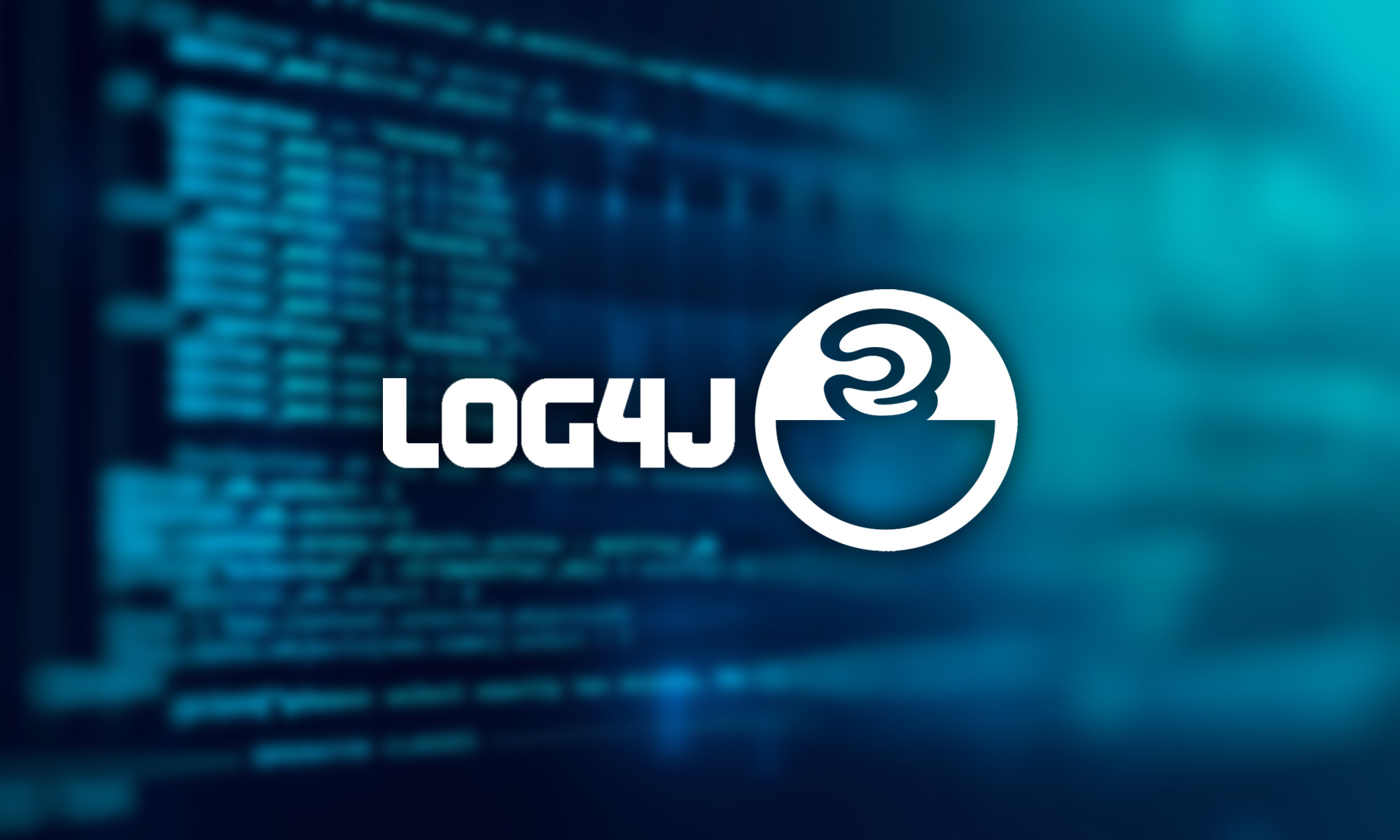News
Log4j Vulnerably To Wreak Havoc On The Internet For Years To Come
Because of how widespread Log4j is, experts estimate that it may take years to hunt down all vulnerable instances and patch them.

As if one pandemic wasn’t enough, there’s now also a cyber-pandemic whose scale is increasing at an exponential rate. The cause of this digital pandemic is a zero-day vulnerability in Java-based logging utility called Log4j. This open-source software allows software developers to log data within their applications, and it has been widely used since its release in 2001.
The vulnerability was disclosed on December 9 by the Alibaba Cloud Security Team, which named it Log4Shell (CVE-2021-44228). Two days later, cybersecurity company Tenable described it as “the single biggest, most critical vulnerability of the last decade”.
Since then, the vulnerability has affected many major tech players, including Amazon Web Services, Adobe, Broadcom, Cisco, Docker, F-Secure, IBM, Juniper Networks, Oracle, Red Hat, Siemens, SolarWinds, Sophos, Ubiquiti, Zoho, and others.
“It’s ubiquitous” said Chris Eng, chief research officer at cybersecurity firm Veracode, in an interview for CNN Business. Even if you’re a developer who doesn’t use Log4j directly, you might still be running the vulnerable code because one of the open-source libraries you use depends on Log4j”.
In addition to affecting large swaths of the global IT infrastructure, the Log4Shell vulnerability is also extremely severe because it involves arbitrary code execution. In other words, it makes it possible for attackers to make the vulnerable system do anything they want.
That’s why the Cybersecurity and Infrastructure Security Agency (CISA), the Canadian Centre for Cyber Security (CCCS), and Germany’s Bundesamt für Sicherheit in der Informationstechnik (BSI) have all called on organizations to take on immediate action and install the available fixes, which were released three days before the vulnerability was published.
Also Read: How To Enable WhatsApp Disappearing Messages For All Chats
Still, attackers have already successfully exploited the vulnerability to steal sensitive data, extract system credentials, install backdoors, and run crypto miners. Some of the largest botnets in the world are now scanning for the vulnerability, and almost half of all corporate networks have already been probed.
Because of how widespread Log4j is, experts estimate that it may take years to hunt down all vulnerable instances and patch them. Until that happens, cybercriminals will be on a hunt as well, ready to exploit them.
News
Qatar Airways Debuts World’s First Boeing 777 Starlink Flight
The airline has ambitious plans to roll out the high-speed, low-latency service across its entire Boeing 777 fleet within a year.

Qatar Airways has taken a significant step ahead of the competition by being the first operator to offer Starlink internet on a Boeing 777 aircraft traveling from Doha to London.
As the largest and first airline in the MENA region to offer Starlink’s ultra-high-speed, low-latency internet, Qatar Airways continues to raise the bar for in-flight services after winning the coveted Skytrax “World’s Best Airline” for 2024 award.
Initially, the carrier planned to outfit three Boeing 777 aircraft with Starlink technology. However, by the end of 2024, the airline will have upgraded 12 Boeing 777-300s with this service. Further ahead, the entire Boeing 777 fleet is set to be Starlink-equipped by 2025, one year earlier than originally scheduled, with the Airbus A350 fleet following suit by mid-2025.
This rollout demonstrates Qatar Airways’ dedication to enhancing in-flight connectivity and will enable passengers to stay in touch with family and friends, stream media, watch live sports, work remotely, and even play online games — all at 35,000 feet.
Qatar Airways Group Chief Executive Officer, Engr. Badr Mohammed Al-Meer expressed excitement about the debut flight, stating: “We are thrilled to launch our first Starlink-equipped flight, proving once again why Qatar Airways is at the forefront of the aviation industry”.
Also Read: A Guide To Digital Payment Methods In The Middle East
He continued, “Paired with our commitment to rapidly rollout Starlink across our entire modern fleet, [Qatar Airways] demonstrates our relentless pursuit of offering passengers an in-flight experience that transcends the constraints of traditional air travel”.
By launching its first Starlink-equipped aircraft, Qatar Airways has achieved several milestones, including operating the world’s first Boeing 777 widebody with the service onboard. Qatar Airways’ strategic partnership with SpaceX ensures passengers will continue to enjoy an unmatched in-flight experience, and not only represents a breakthrough for Qatar Airways but also sets a new standard for in-flight connectivity globally.


























